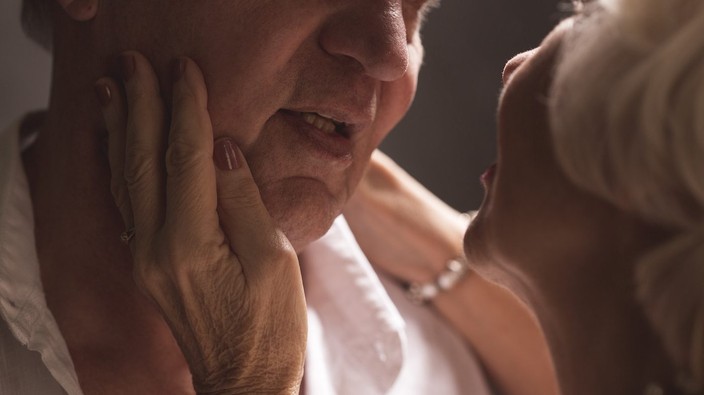boomers are more comfortable ‘coming out’ than ever before
another benefit to living in a retirement community, besides opportunities for close relationships, sexual or otherwise, is that some residents feel that now that they’re older, maybe divorced or widowed, they can be free of stigma and are coming out as gay — some even after having been in heterosexual marriage all their lives.
“even if they were married their whole life to a person of the opposite sex, that doesn’t mean that they don’t have different sexual interests or attractions that they’re now more comfortable with or want to explore,” says rosen.
“baby boomers in particular are feeling more comfortable coming out than ever before,” since their generation has more awareness, generally, and fewer assumptions about people.
“my main advice is to be flexible, adapt what you used to do to some of the changes that you’re experiencing, [and] communicate with your partner,” says rosen. “long-term care homes need to reduce stigma, and not make assumptions that sexual activity isn’t happening. be open and forthright with residents [in a way] that supports their agency and equips them with the education and support they need to be safe.”
 6 minute read
6 minute read



















